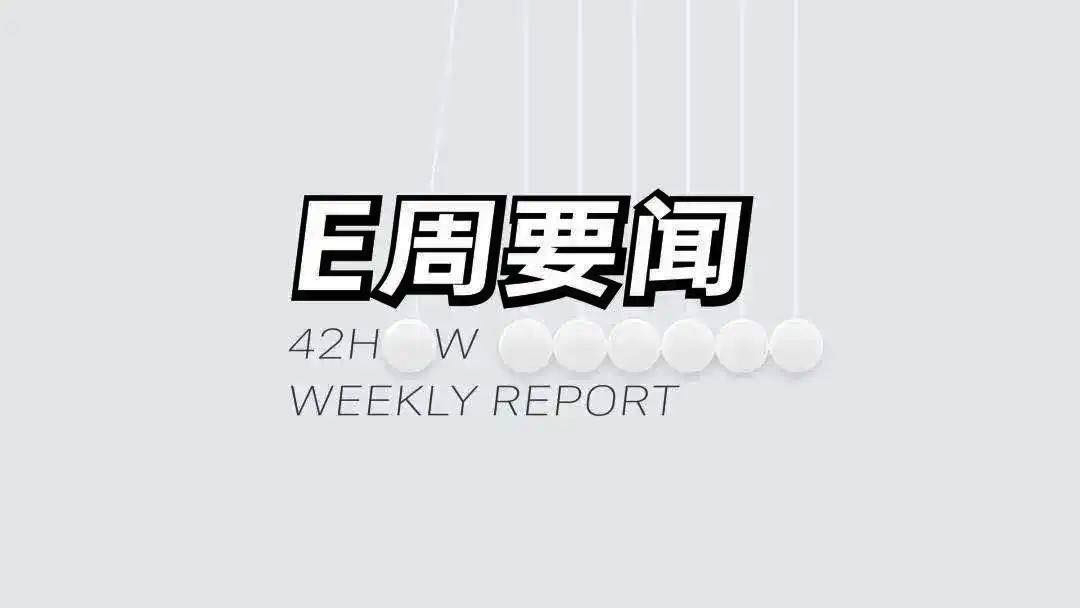Weekly Index
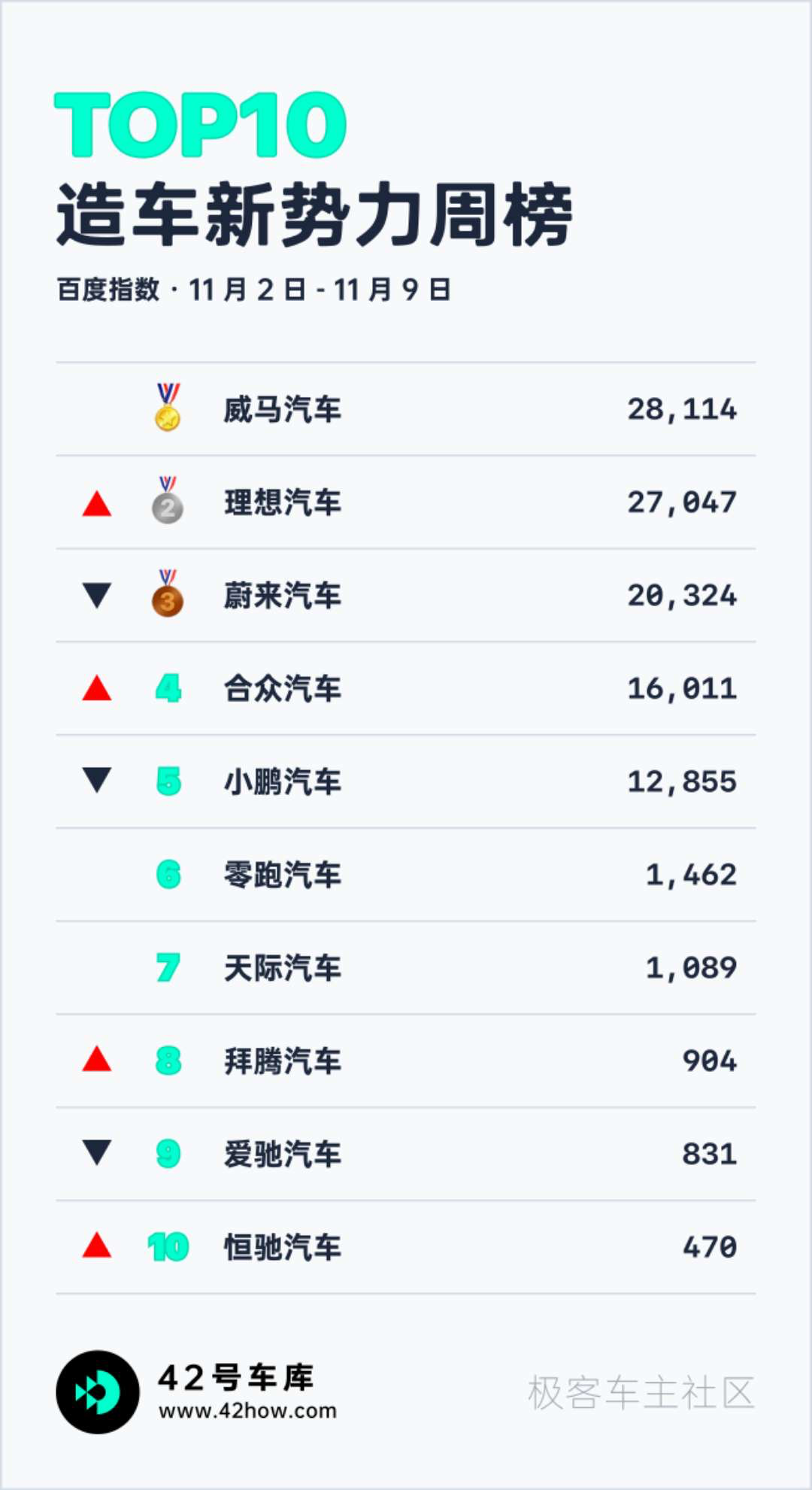
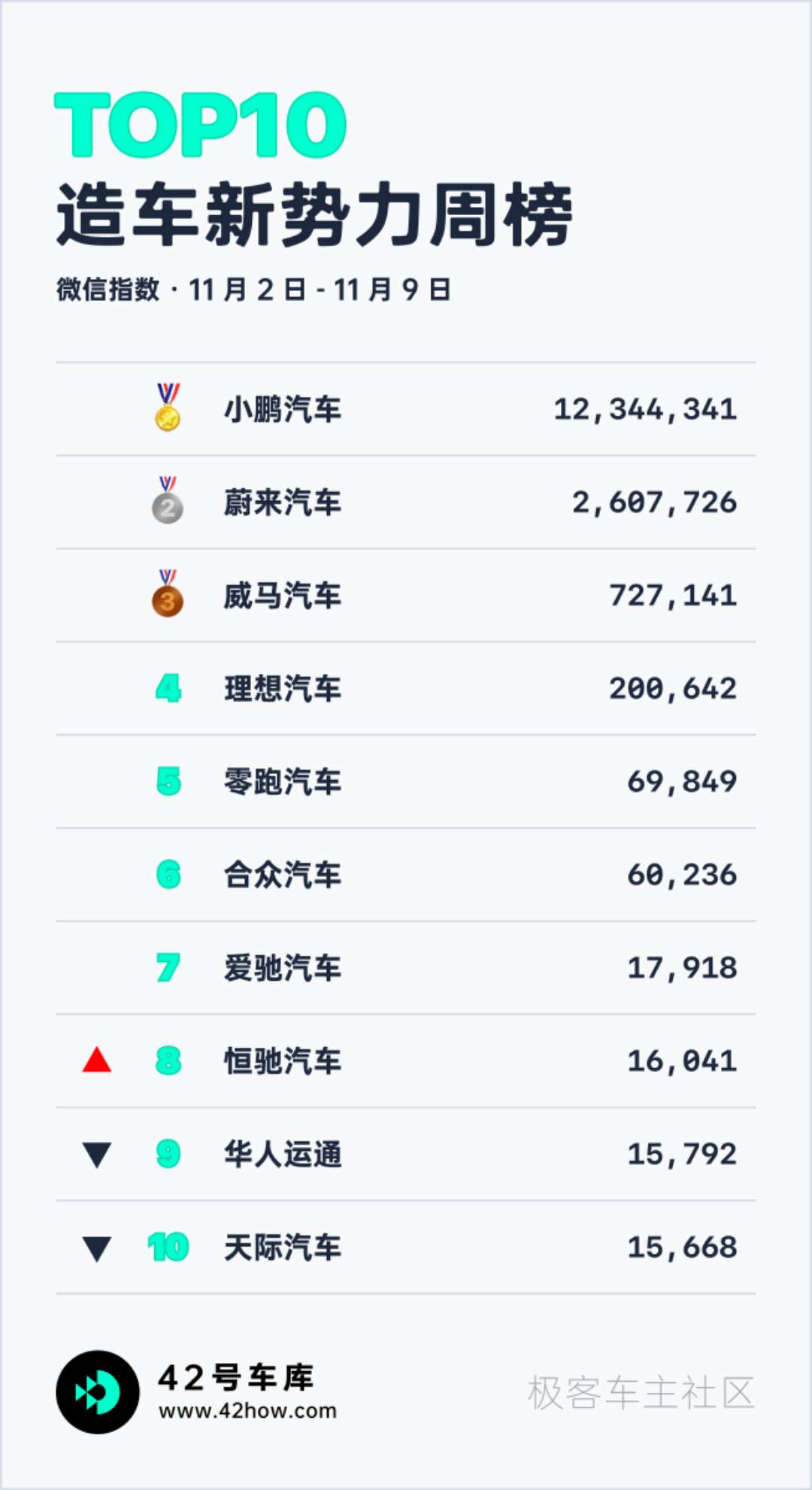

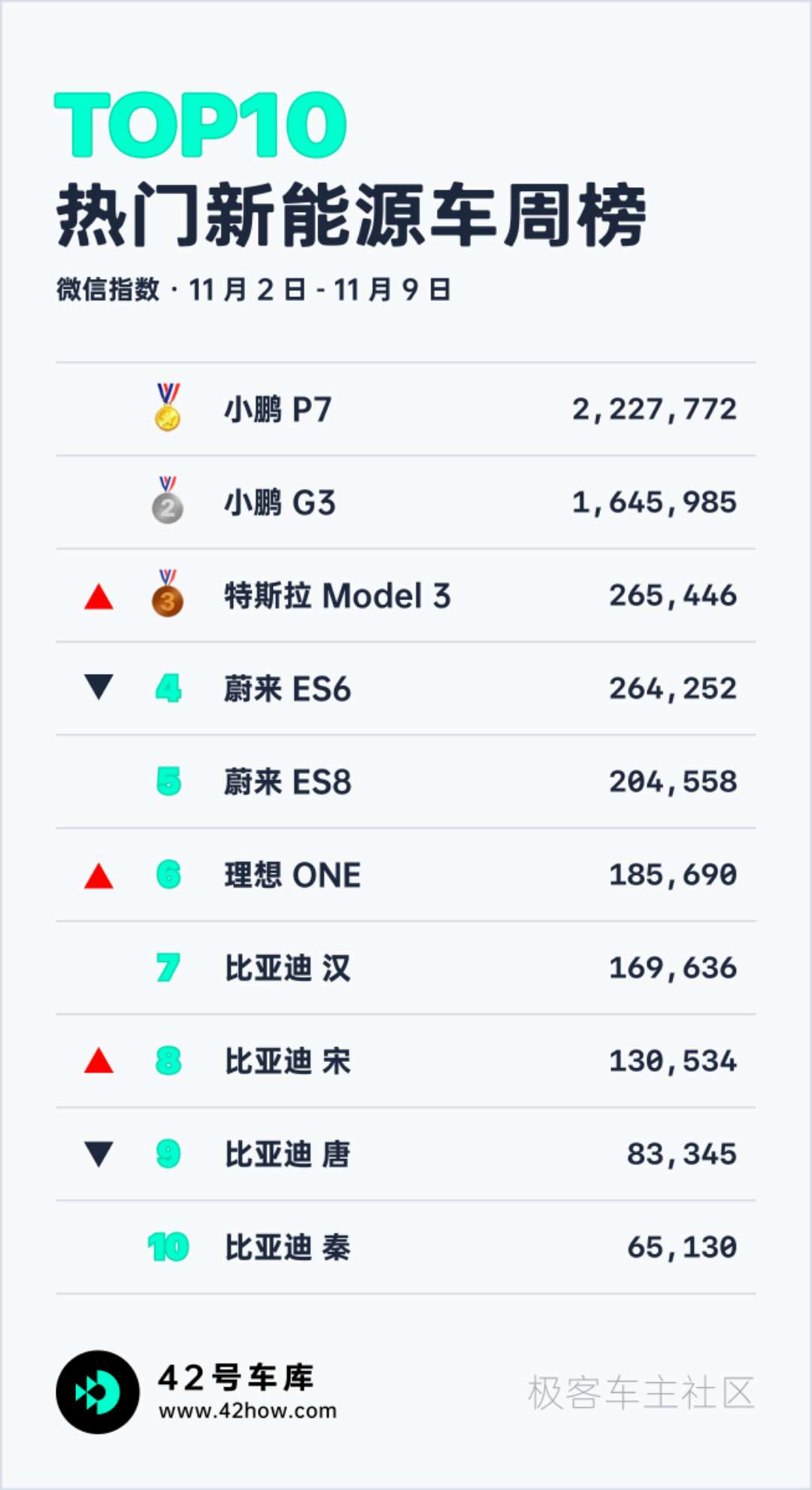
Weekly News
Domestic Model Y Listed in MIIT Catalog

On November 5th, the Ministry of Industry and Information Technology of the People’s Republic of China published the new car information of the domestic Tesla Model Y on its official website. The model is expected to be officially launched from the Shanghai factory in 2021.
Core parameters are as follows:
- Length/Width/Height: 4750/1921/1624 mm
- Wheelbase: 2890 mm
- Curb Weight: 1997 kg
- Tire Model: 255/45R19 255/40R20
- Total Output Power: 317 kW (front 137 kW, rear 180 kW)
From the information on the catalog, the declared model is the long-range all-wheel drive version.
Comment:
Based on the outstanding market performance of domestic Model 3 in the past year, we also have high expectations for Model Y, and believe that many people are also waiting for the launch of Model Y.
Domestic Model 3 was listed in MIIT catalog on November 19, 2019 and was officially delivered on January 7, 2020.
On November 5th this year, Model Y appeared in the MIIT catalog. When do you think it will be delivered?
Volkswagen Unveils ID.4, Pre-sale Price Below 250,000 RMB After Subsidies
On November 4, 2020, the Volkswagen brand launched two pure electric vehicle models based on the Volkswagen MEB pure electric platform in Shenzhen. FAW-Volkswagen ID.4 CROZZ and SAIC Volkswagen ID.4 X, both models are positioned as compact pure electric SUVs.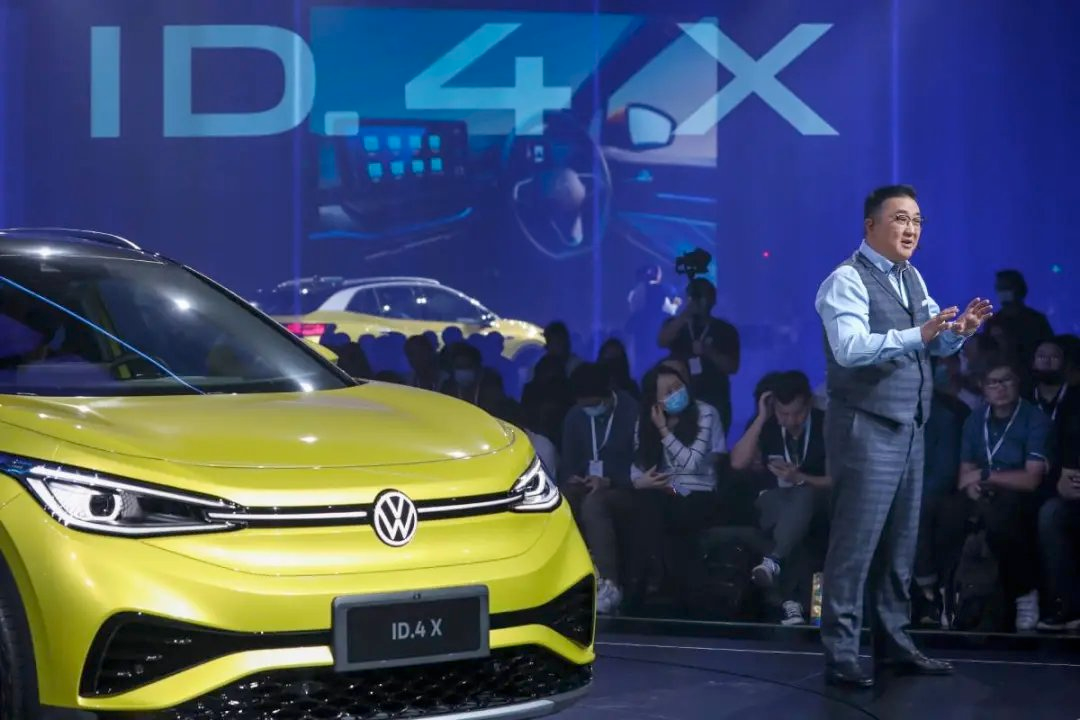
The battery uses NCM 811 ternary lithium battery with high-energy density provided by CATL. The energy density of a single cell reaches 240 Wh/kg, the maximum energy storage of the battery pack is 83.4 kWh/84.4kWh, and the maximum energy density of the system is 175 Wh/kg. The NEDC cruising range can reach 555 km.
Quick Comment:
As a traditional car giant, although Volkswagen has laid out its new energy plan very early, its first pure electric platform ID.4 is still a latecomer in the new energy market. Thanks to Volkswagen’s strong dealer distribution network, I believe that the ID.4 will quickly expand sales across the country in the near future, and its not-so-high price will still be welcomed by the market.
Tesla Shanghai Factory Reveals its 2021 Production Plans
According to 36Kr, the planned capacity of the Tesla Shanghai Super Factory in 2021 is 550,000 units, including 300,000 Model 3 and 250,000 Model Y. About 100,000 Model 3 cars are planned for export, and there are also plans to export 10,000 Model Y cars.
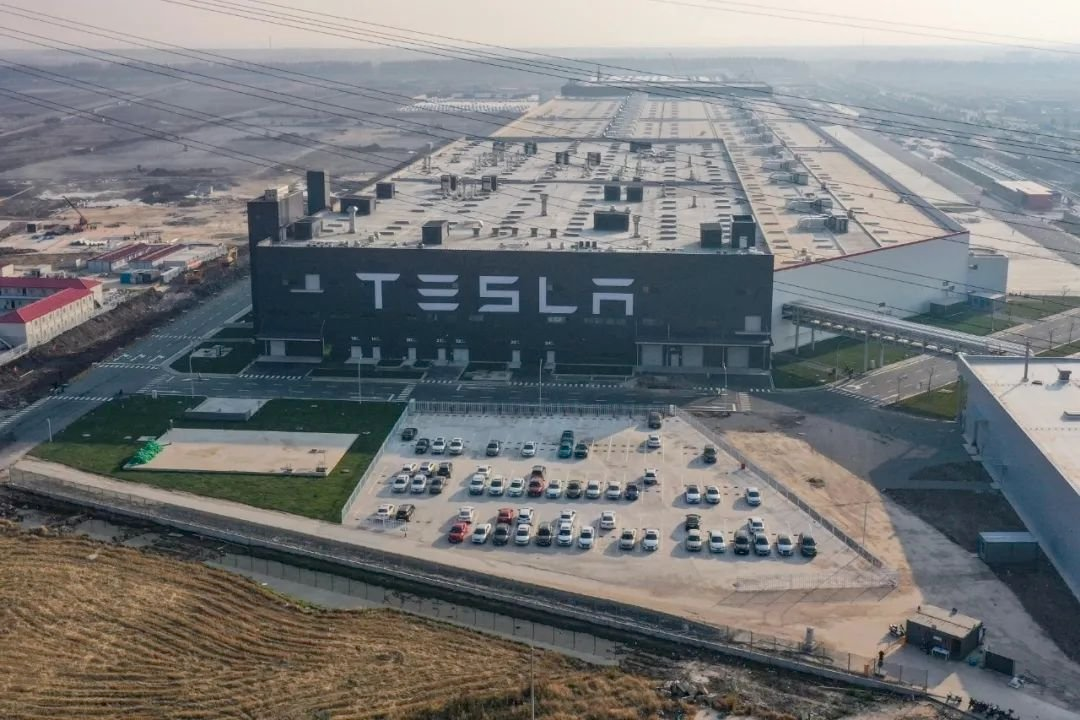
Quick Comment:
At present, the production capacity of Tesla Shanghai factory is about 150,000 units, and the second phase is expected to be completed by the end of this year. With one production line and double shifts, the production capacity of Model 3 will directly increase to 300,000 units next year. With the completion of the second phase at the end of next year, the planned production capacity has already reached 250,000 Model Y units.
Compared with last year, Tesla’s visibility on the road has already improved by several orders of magnitude. With the increase in production capacity, how long will it take for Tesla to become a common vehicle on the street?
SERES releases completely self-developed chip
On October 27th, SERES released the Lingxun 01, the first domestically produced Level 4 autonomous driving chip with complete intellectual property rights.
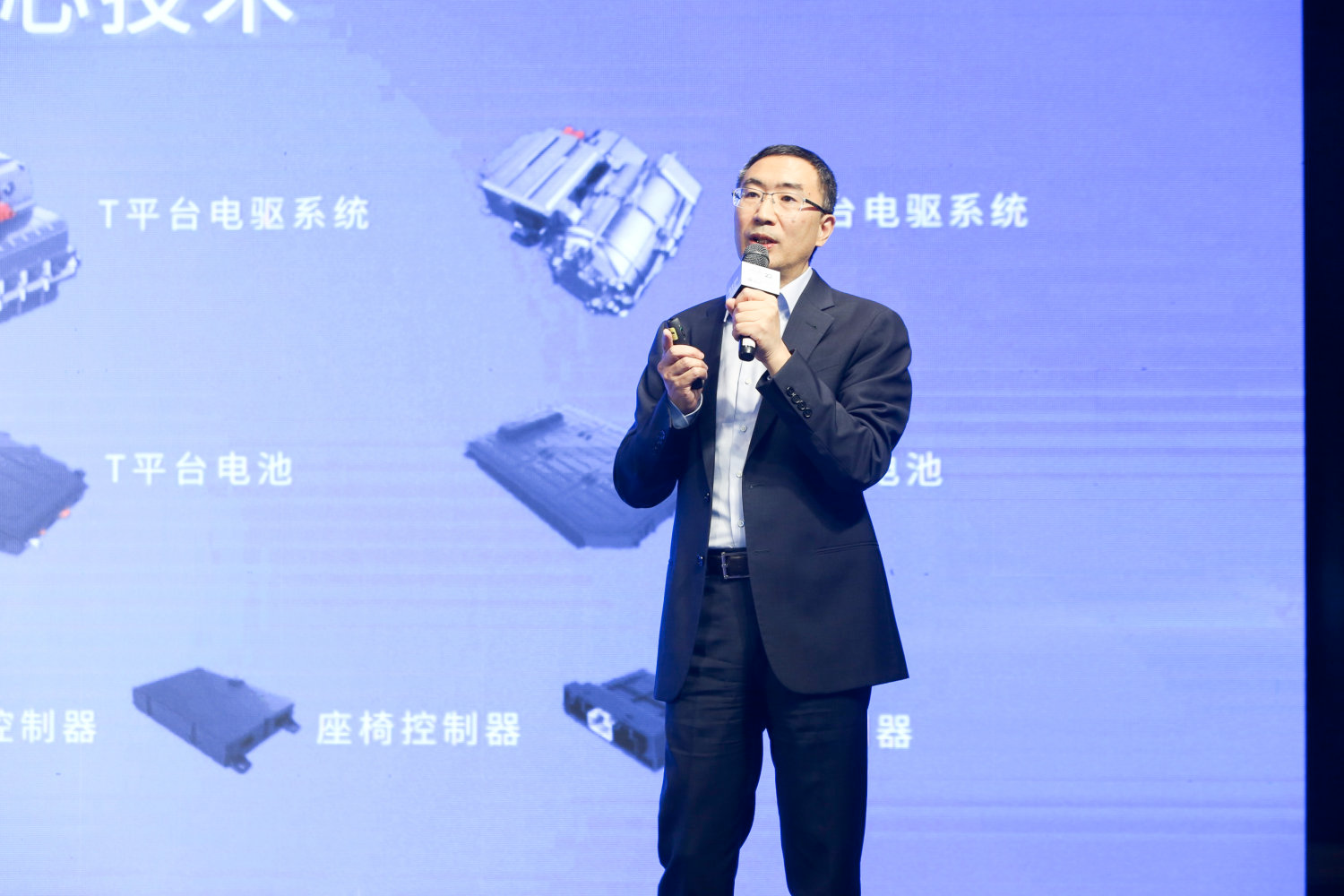
As China’s first domestically produced Level 4 autonomous driving chip with complete intellectual property rights, the Lingxun 01 uses Alibaba’s Pingtouge Semiconductor’s “Xuantie C860” CPU processor. It integrates high-performance AI neuron processors and 8-core neural network processors, with lower overall energy consumption, better openness, and more security and reliability.Quick Summary:
As AI technology advances, chips are becoming increasingly important for the development of autonomous driving. The mastery of chip core technology plays a crucial role in the deepening development of intelligent and connected new energy vehicles in the future.
As the first domestic automaker to release self-developed chips, it has set a good example for other brands in research and development. Meanwhile, it is expected that more independent brand manufacturers will master more core technologies in the future.
NIO’s Release of its 100 kWh Battery
On November 6th, 2020, NIO introduced a 100 kWh battery pack upgrade at a press conference in Beijing, and the following are its details:
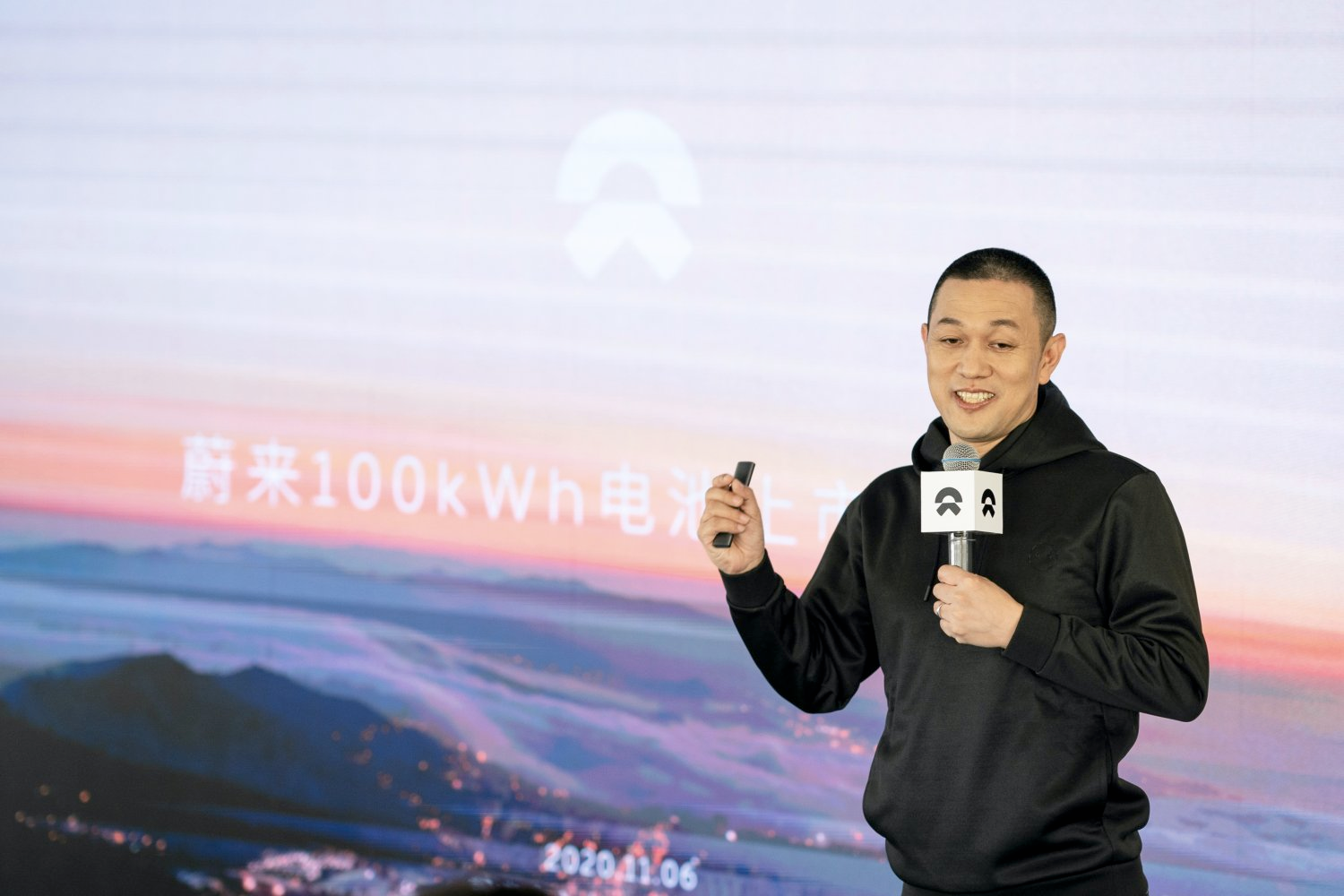
- Vehicle Purchase:
Buying a car with a 100 kWh battery costs RMB 58,000.
- BaaS Battery Rental:
Purchase price is reduced by RMB 128,000, monthly rental price is RMB 1,480.
- Later Upgrade Plans:
- Permanent Upgrade:
The cost of upgrading a 70 kWh battery pack to a 100 kWh battery pack is RMB 58,000. “NIO points available”
The cost of upgrading an 84 kWh battery pack to a 100 kWh battery pack is RMB 5,400. “NIO points available”
BaaS users pay RMB 500 per month.
- Flexible Upgrade:
Upgrade by the month for RMB 880 per month.
Upgrade by the year for RMB 7,980 per year.
Note: BaaS users pay a one-time RMB 3,000 service fee for the permanent upgrade of the 100 kWh battery pack. For users who completed payment before 11:00 on November 7th, or have already taken delivery, the one-time fee is waived.
Quick Summary:
The anxiety of range and battery degradation has always been a concern for customers when buying electric vehicles. NIO’s concept of batteries that are rechargeable, replaceable, and upgradable can greatly alleviate such anxieties.
After the release of the 100 kWh battery pack, NIO has completed the business loop of BaaS battery rental service, with not too large of a cost to continue enjoying the dividends brought by battery technology upgrades, I think it’s pretty attractive.
New Energy Sector Is Hot, BYD’s Market Value Surpasses RMB 500 Billion
On November 5th, 2020, with the final wave of a rise, BYD’s total market value exceeded RMB 500 billion to reach RMB 504.2 billion. At the same time, BYD’s Hong Kong-listed shares also rose in sync, with a total market value of HKD 538 billion.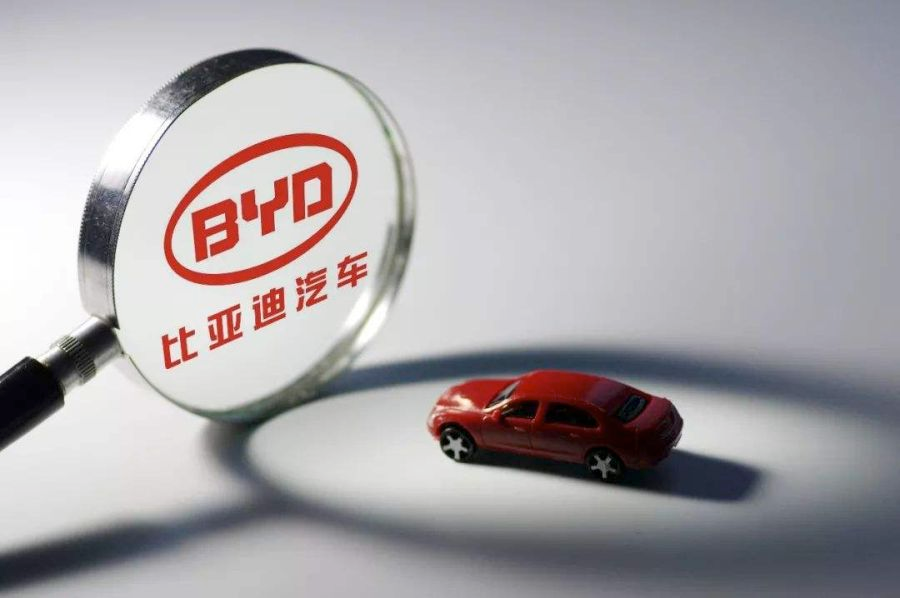
The reason behind the surge in stock prices is the sales report for October from BYD. The report indicated that the total sales of BYD for the month reached 46,560 units, a YoY growth of 14.7% and a MoM growth of 13.8%.
Among these, the sales of new energy vehicles in October reached 22,045 units, a YoY growth of 83.1% and a MoM growth of 18.5%. As of now, BYD’s cumulative total production and sales of new energy vehicles have exceeded 860,000 units, maintaining the rank of the national No.1 in sales.
Quick Comment:
BYD’s market value continues to rise due to various reasons, but as one of the first brands to enter the field of new energy vehicles, the accumulating and settling of its tripartite power technology over the years is the main reason for BYD to maintain its long-term competitiveness.
However, as a brand of new energy vehicles, I believe that BYD still has a lot of catching up to do in terms of technological strength compared to other emerging brands.
This article is a translation by ChatGPT of a Chinese report from 42HOW. If you have any questions about it, please email bd@42how.com.
